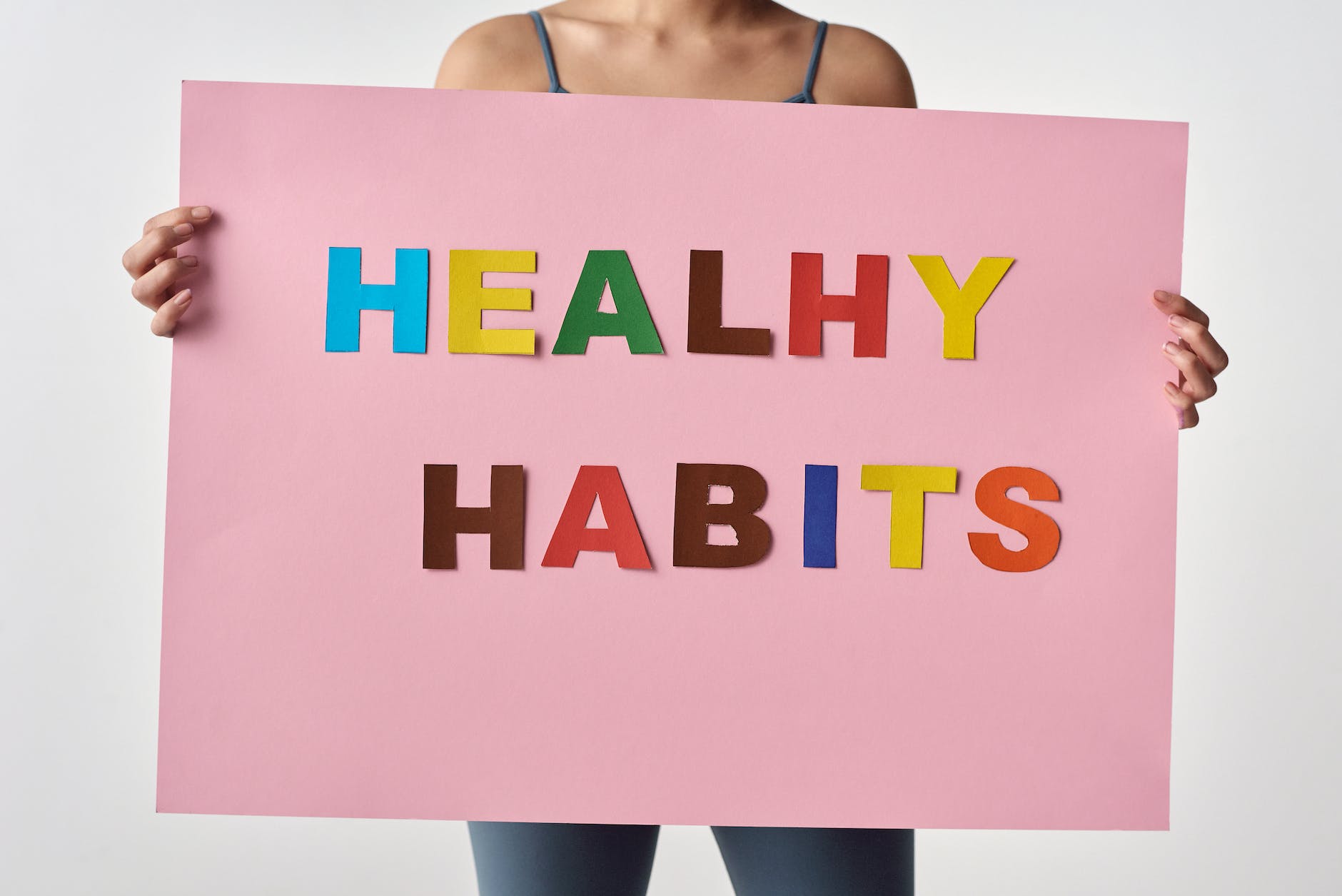
Making changes in our lives is something we all encounter. The process of changing habits can be significant or minor, such as adjusting our lifestyle or time management. However, it’s crucial to realize that making a change follows a process that includes various stages and phases in thinking. Being aware of your current position in this process can be beneficial. Here are the typical stages of change that people go through:
- Pre-contemplation: Not interested at all in making a change. You may be completely ignorant of the problem or in denial.
- Ambivalence: more aware of the need for change but the costs of making the change cause uncertainty. Not sure when and how to go about making change.
- Preparation: The decision to change has been made but you are not taking action yet.
- Action: You have begun the change process and are sticking with it.
- Maintenance: you have continued with the new habit and have reached your goal, and are and you continue to implement it regularly.
Here are examples of how the stages may look:
Habit: exercise regularly
- Ambivalent or oblivious that lack of exercise is the reason I don’t feel healthy.
- I want to start exercising in the morning so I can feel healthier and stronger. I want to be lose some weight.
- I am going to start a morning exercise routine. I researched different exercise options for online classes and local gym classes to see which is better. I called the gym to set up a trial week and I also tried a few online classes at home.
- I started going to the gym each morning before work. I lay my clothes out the night before and I have been going for 5 days each week.
- I followed a routine of going to the gym 5 days per week consistently. I have reached my goal of implementing my new routine. I have lost weight and I feel healthier.
Habit: stop running late to appointments
- Not interested or oblivious that chronically rushed or late.
- I know I need to do something different because I am not happy, but I haven’t been very motivated to change my routine.
- I have been researching options like timers, and planners, and rethinking how I utilize my smartphone, etc. I started going to bed earlier so I can wake up earlier. I have been timing how long my morning routine takes to give me a better idea of how long I need to get ready.
- I purchased a planner and utilize it daily to keep track of my appointments. I am waking up earlier and follow a simple routine to get out the door on time. I know how long it takes to get ready and I buffer my schedule with extra time.
- I am successfully keeping track of my time with my planner and utilizing my morning routine. I am on time for most appointments and both the planner and the routine have become a habit.
Why is knowledge about the habit change process important?
Many times, we find ourselves stuck in stage 2 without clarity on whether we are prepared for making changes or what we are willing to do to achieve our goal. This can result in many years of not changing and cause significant stress and unhappiness if the change is necessary. To avoid this, identifying your current stage of change (from 1 to 5) and focusing on progressing to the next stage with proper preparation can lead to success.
The emotions surrounding decision-making can often stall the process resulting in no change at all. Making change is not easy, but the rewards can be amazing. If you are stuck and need help figuring out how to act and stick with it, coaching can be helpful in figuring out where you are in the process of change. If you find yourself having a hard time taking action or maintaining your change, then together we explore what the barriers to progress may be. Once we identify the barriers, we problem-solve solutions and strategies so you can create a realistic plan that will have positive outcomes. I promise you, the process is simpler than you think!
If you are ready to jump into making a change in habits or routines make sure to read my related article on the 3 Components Needed to Change Any Habit.
[…] your successes and learn from your setbacks. And most importantly, be kind to yourself while Changing Habits: It’s a Process. With practice, patience, and perseverance, you can master the science of changing habits and […]